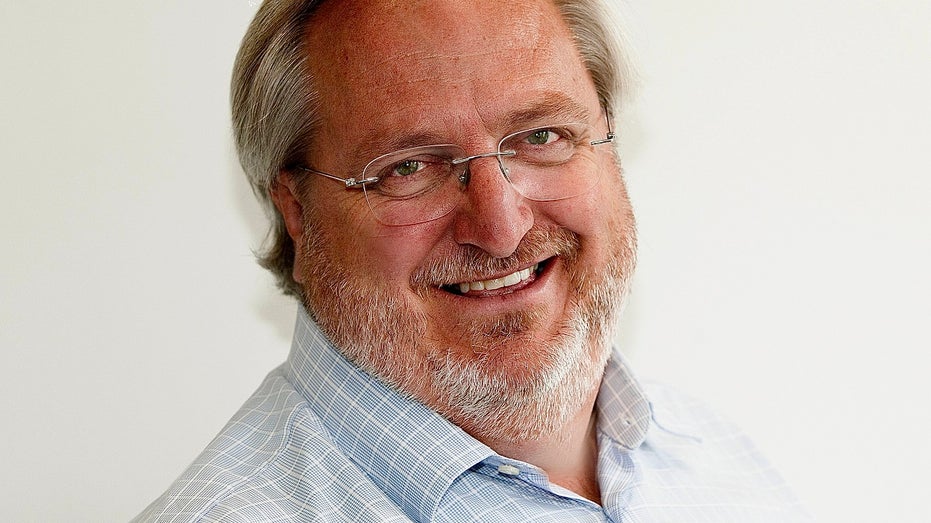Expect more CEO exits over undisclosed personal relationships with colleagues, expert says
Boards now have less tolerance for CEOs involved with colleagues due to 2 major factors: expert
The abrupt departure of two high-profile chief executives in recent weeks over undisclosed personal relationships with colleagues could be the beginning of a growing trend, according to one expert.
Failing to disclose such relationships or engaging in them at all has long been a deal-breaker for many corporations, yet BP CEO Bernard Looney and Cboe Global Markets Chairman and CEO Edward Tilly both resigned from decades-long careers at their respective companies this month after boardroom investigations discovered they had not been entirely forthright.

The recent resignations of two high-profile corporate CEOs over failing to disclose personal relationships with colleagues could lead to more departures for the same reason, according to London Business School professor Randall Peterson. (iStock / iStock)
Professor Randall Peterson of the London Business School says to expect more CEO exits over failing to disclose personal relationships with colleagues, and he points to two major factors: The rise of the #MeToo movement and the end of the COVID-19 emergency.
Peterson told FOX Business that #MeToo and other events set the stage, and as the country emerges from the crisis mode of the pandemic, the resignation of CEOs of major corporations is a signal that boards are no longer feeling the threat from the pandemic and can return to "normal programming" rather than focusing on getting through a crisis.
EMPLOYEES DITCH OFFICE HAPPY HOURS IN FAVOR OF STAYING AT HOME AFTER WORK
Chief executives becoming involved with colleagues presents liability issues for companies because they can result in lawsuits, impact culture, damage a company's reputation and lead to questions about how a CEO's decisions might be influenced.

London Business School professor Randall Peterson (Sheila Burnett / Fox News)
"It's a big risk," Peterson said. "When you're in the middle of a pandemic, and you're worried about your company's survival, directors are likely to think, ‘Well, there are lots of risks here, there and everywhere.’ And when you're feeling a bit more comfortable, directors are likely to think, ‘OK, can we really afford to maintain this kind of risk?' Probably not."
The professor, whose most recent book is "Disaster in the Boardroom: Six Dysfunctions Everyone Should Understand," says #MeToo led more corporate boards to understand why power dynamics make even apparently consensual relationships inappropriate.
MOST PEOPLE HAVE AN UNHEALTHY RELATIONSHIP WITH WORK, STUDY FINDS: ‘HUGE OPPORTUNITY’
He says that when a CEO leaves over an issue, and it makes the headlines, boards at other companies begin questioning whether they might have the same problem. Then, more investigations are launched by firms that were not previously paying attention to the risk, and some will inevitably find problems.

Corporate boards, no longer distracted by the pandemic, are now paying greater attention to other issues that could threaten their companies, Peterson says. (iStock / iStock)
Peterson says the issue with CEOs having personal relationships with colleagues mostly comes down to an organization's culture, and while some boards still do not question the chief executive, many over the past five years have become more involved.
"On the whole, I see this as a positive trend that boards see the problem and now feel comfortable taking action," he said. "The concern is whether a new appointment is rushed. That would not be a good outcome."
In his research, Peterson says he has found that there are typically two types of personalities that are able to rise to becoming a CEO. The ones that become the heroes are those with a clear ethical point of view who have decades-long records of clarity and consistency, he says, but a greater number of chief executives make it to the top without a clear set of values and are willing to do whatever it takes to get ahead.

In his research, Peterson says he has found that there are typically two types of personalities that are able to rise to becoming a CEO. (iStock / iStock)
"I think this is going to be eye-opening and kind of a wake-up call for a lot of companies," Peterson said. "I think we are going to see more investigations, and … we're probably going to see more because most of these guys have been doing this for a while."
GET FOX BUSINESS ON THE GO BY CLICKING HERE
"This is where boards really have to step up and deal with it because it is really a board responsibility to deal with culture and, of course, to hire and fire CEOs," Peterson explained. "So, that's where the buck stops on this one. There's no other place that can go."





















